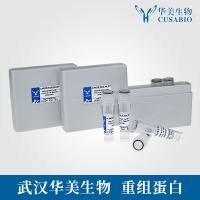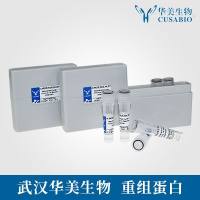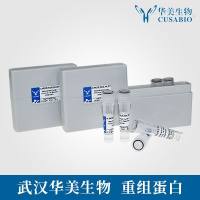Human Embryonic Stem Cell-Derived Mesenchymal Progenitors: An Overview
互联网
互联网
相关产品推荐

Ly6a/Ly6a蛋白/Ly-6A.2/Ly-6E.1;Stem cell antigen 1;SCA-1;T-cell-activating protein;TAP蛋白/Recombinant Mouse Lymphocyte antigen 6A-2/6E-1 (Ly6a)重组蛋白
¥69

IL-2重组蛋白|Recombinant Human IL2 Protein
¥1080

Recombinant-Human-Zinc-transporter-9SLC30A9Zinc transporter 9; ZnT-9 Alternative name(s): Human embryonic lung protein; HuEL Solute carrier family 30 member 9
¥13832

Recombinant-Cat-Kit-ligandKITLGKit ligand Alternative name(s): Mast cell growth factor; MGF Stem cell factor; SCF c-Kit ligand Cleaved into the following chain: 1. Soluble KIT ligand; 2. sKITLG
¥10990

Recombinant-Rat-Kit-ligandKitlgKit ligand Alternative name(s): Hematopoietic growth factor KL Mast cell growth factor; MGF Stem cell factor; SCF c-Kit ligand Cleaved into the following chain: 1. Soluble KIT ligand; 2. sKITLG
¥10990
相关问答

